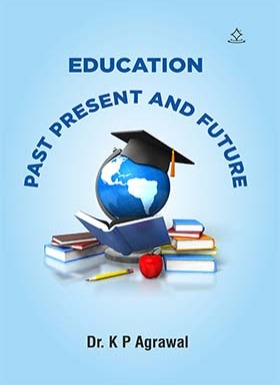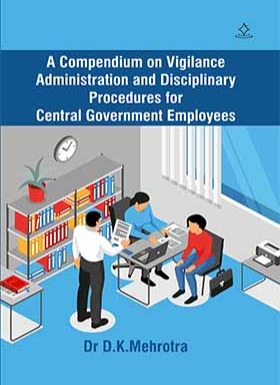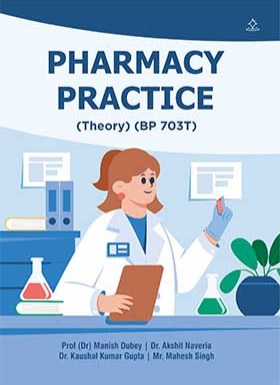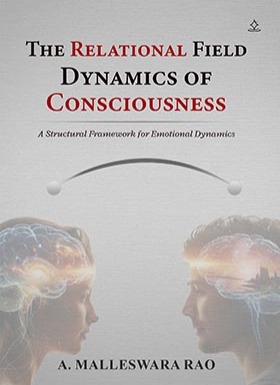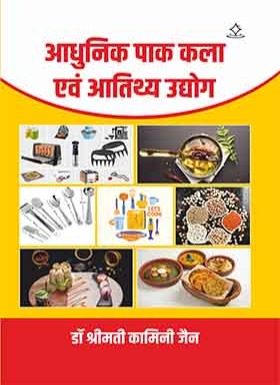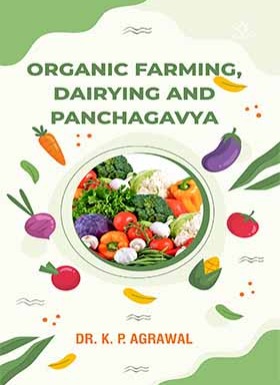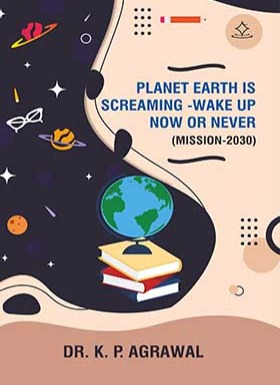About Book
Education is the process of learning or the acquisition of knowledge, skill, values,
beliefs and habits. Education is becoming an important part of every one’s life.
Education was strong in ancient days also. The system changed with passage of time
such as Vedic, Brahmanical, Muslim, British periods etc.
Today, education is oriented to promote values of an urban, competitive consumer
society. Through the existing education system in the last five decades, the country
has excelled in different fields and made a mark at the National and International
levels.
There is a need to regulate our education system at different levels – from primary to
higher education. There is also need to remove deficiencies and short comings in our
education system. All these issues have been covered under nine chapters of the
book.
About Author
Dr. K. P. Agrawal obtained his Bachelor of Veterinary Science and Animal Husbandry
(B.V.Sc.&AH) in 1968, Master of Veterinary Science (M.V.Sc.) in 1972, from Veterinary
College, Mathura, and Ph.D. from Indian Veterinary Research Institute (I.V.R.I.) Izatnagar in
1980. He had a humble beginning of his research/teaching career as a demonstrator in the
Physiology Department at the Veterinary College, Mathura (1968 to 1970). Since then, he
had worked in different capacities: as research assistant; senior research assistant; scientist;
senior scientist at I.V.R.I. Izatnagar; associate research scientist/ associate professor/
research scientist at the Veterinary College, Gujarat Agricultural University, Gujarat; and
scientist-S3/principal scientist/head of the division at the Central Institute for Research on
Goats, Makhdoom. He assumed the responsibility of the National Coordinator of the World
Bank National Agricultural Technology Project (NATP) on 1st April, 1999 and continued as the
National Coordinator of another World Bank-aided project, the National Agricultural Innovation
Project (NAIP), and served for 2 years before he retired in July 2007. He has 38 years of
service experience, of which 30 years of wide experience in research, teaching, extension,
research management, policy planning and institutional building. His significant research
contribution is in the area of embryo transfer technology. He has 350 publications to his credit,
of which 30 are books, chapters in books, monographs and bulletins. Dr. Agrawal has been
the recipient of several awards/honours during his academic and research career.
After retirement, Dr. K.P. Agrawal worked as a Senior Consultant in World Bank-Supported
Projects, such as the “Water Sector Restructuring Project” in Madhya Pradesh, “Rajasthan
Agricultural Competitive Project” in Rajasthan and “National Agricultural Innovation Project” in
Indian Council of Agricultural Research (ICAR). Currently he is indepe
